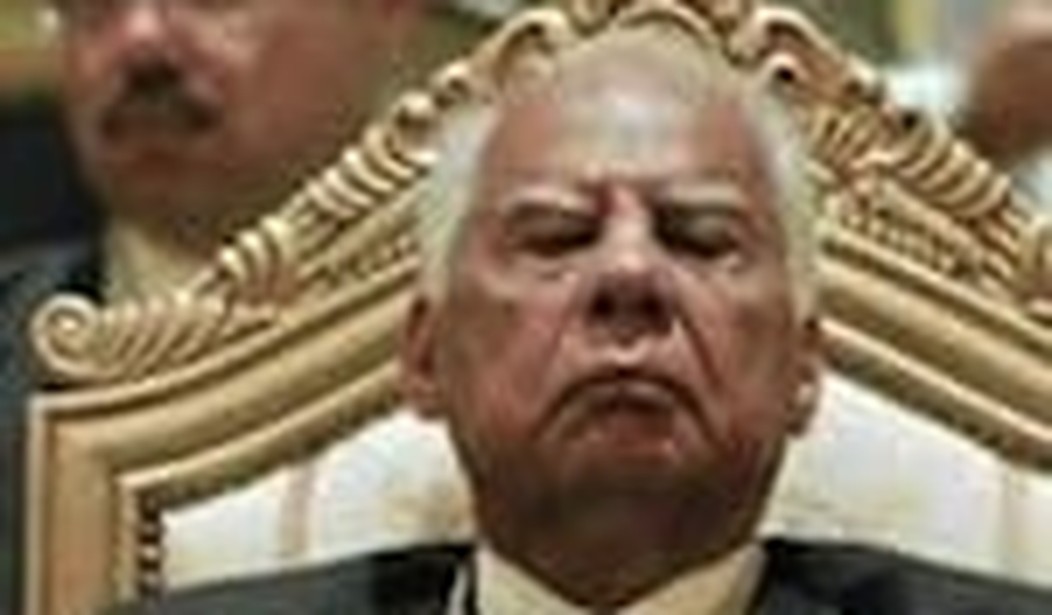Mired in political and economic dilemmas, the new government taking the helm following a year of unfulfilled pledges is faced with highly sensitive problems: fuel subsidies and a mammoth state budget deficit top the long list of issues facing Prime Minister Hazem el-Beblawi.
The economic situation will be the toughest challenge facing the new government: the state budget exceeds LE200 billion ($28.5 billion), while a high unemployment rate and inflationary pressures are taking their toll on the cash-strapped country.
Subsidy schemes, wages, and debt servicing devour 75 percent of the government’s outlays annually, according to the Finance Ministry. As 40 percent of Egyptians live on less than $2 per day, fuel and other staple subsidies are a must to maintain social peace. Since the Socialist Nasser regime in the 1960s, modifying subsidy schemes has been a forbidden territory for discussion. Beblawi, who was granted a Ph.D. in economics from the University of Paris in 1964, served as the country’s finance minister in 2011. Two years ago, he considered subsidies to be “a cancer” that destroys the state budget.
Energy subsidies alone account for nearly 70 percent of total government spending, according to official reports. If the present policy persists, energy subsidies will run LE200 billion by 2015. The bill of subsidies is on the rise due to a growing population — there are more than seven million cars in Egypt, according to the state-run Central Agency for Public Mobilization and Statistics (CAPMAS), and around 500,000 tok-toks nationwide, according to unofficial estimates.
Subsidized bread is expected to be about LE21 billion of the country’s budget in the fiscal year 2012/2013, according to the Finance Ministry. Subsidized bread sells for LE0.05 per loaf, while it costs the state LE0.33, according to official reports.
The Egyptian pound falls between the hammer of shrinking foreign reserves and the anvil of rising imports. Foreign reserves at the Central Bank of Egypt (CBE) stood at $14.9 billion at the end of June. The reserves hit $36 billion in December 2010. Inflows of direct foreign investment (FDI) have taken a dive by more than 90 percent.
Before the January 25 revolution, unemployment stood at 9 percent of the labor force in 2010, according to CAPMAS. The rate rose to more than 13 percent this year. However, unofficial reports estimate unemployment before the revolution at around 20 percent, and around 800,000 people enter the labor market annually, according to CAPMAS.
The economic performance was weak over the past year: growth was less than 2 percent. Inflows of FDI totaled $1.4 billion in the first nine months of FY 2012/2013, according to the CBE. Remittances from Egyptian expatriates hit $12.9 billion from July 2012 to March 2013. Revenues from tourism and the Suez Canal stood at $8.1 billion and $3.8 billion in the first nine months of the fiscal year 2012/2013.
Egypt needs roughly $12 billion to get its economy back on track. Saudi Arabia, United Arab Emirates, and Kuwait have pledged to give Egypt a lifeline worth $12 billion in aid. Beblawi will supervise negotiations with the International Monetary Fund (IMF) to get a $4.8 billion loan. But in the wake of aid pledges from the Gulf countries, the new government may shelf the IMF loan.









Join the conversation as a VIP Member